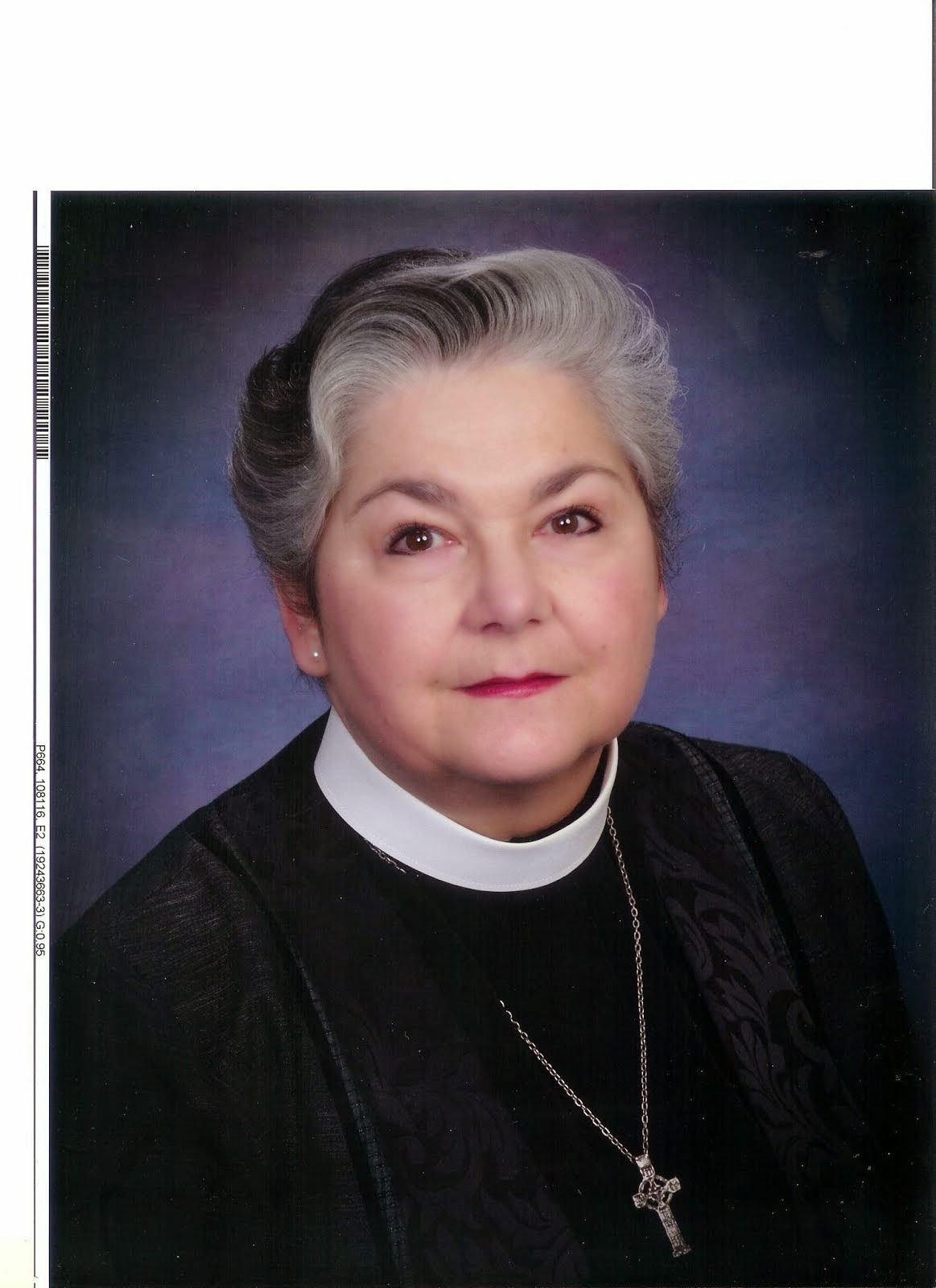Some of you know that I am adopted. My relationship with my mother was loving but complicated, because she was an angry, hurting person. I never felt like I achieved what she expected of me. She reinforced those feelings with comments like the infamous "your father always told me you would break my heart."
My life has been an effort to measure up to some standard, and I usually feel like I haven't quite made the mark. On my darkest days, I feel like a failure or a fraud. Paradoxically, I work really hard to present. myself as a competent and confident person.
Building that kind of impenetrable brick facade is hard work and requires a lot of maintenance.
But my desire at this stage of my life to be more authentically myself means that I have to deconstruct the wall, brick by brick. An equally difficult task, particularly 60 years in.
Every now and again, though, there is a "eureka!" moment where something makes sense that helps with the deconstruction.
It has to do with my mother, me, and my parishioners.
To understand the moment, you need to know that my mother was an angry woman for a reason. She had been treated very badly by her own mother, who used words like a knife to diminish her and make her feel bad about herself. Her own feelings of inadequacy and shame were reinforced by a failed engagement, marriage to an alcoholic who had what we might now see as PTSD as a result of his experiences in World War II, and infertility.
She and my father adopted me after several years of trying. They did their best, providing me with a home, as much in the way of material things that they could manage (they were lower middle class and his drinking used up much of his pay), raising me in the Catholic faith and putting me through Catholic schools.
But whatever I did - and I was an above-average student - my mother seemed disappointed in me.
The clue to what was going on was something she said late in life, but I only connected the dots recently: "If your coming couldn't stop your father drinking, nothing could."
Hmm, a four month old baby was expected to heal a nightmare-tormented veteran of his drinking problem?
In a conversation with my spiritual director, the dots turned into a line...
Perhaps my mother was angry because she was a hurting broken woman whose own mother was a harridan. Perhaps she thought that having a baby would heal her broken heart with a fresh love. Perhaps she started to realize that the baby she adopted was not healing her. The baby turned child turned teen turned adult had her own hurts and challenges. It was not possible for her to heal her mother by being perfect, or approximating perfection. Every time I didn't get an A, I wounded her. Every time I told a lie, or stole a piece of candy from the neighborhood store, or married someone she didn't like, I wounded her. Or so she thought, and thus so I thought.
I couldn't fix my mother, and she was grieving that. But I didn't know. All I knew in the moment was that I could never satisfy her.
Toward the end of her life, I had let go of the need to prove myself to her, at least on some level, because it was too exhausting. I simply agreed with whatever she said, the path of least resistance. Was it false? Of course, but I had constructed a false facade for the rest of my existence (the marriage is perfect/the kids are perfect/my work is perfect), so what was one more falsehood?
What I didn't realize then, and what I have just admitted to myself was this: I couldn't fix her pain in her soul, any more than I could fix her congestive heart failure or broken hip. I had moved to the false facade because it was easier to pretend that I could heal her via my so-called perfection than to admit that I had failed to heal her soul.
But it wasn't mine to heal. It was already broken by the time I came on the scene. Only she could heal herself, with God's help, and she couldn't find her way to that healing despite her deep faith.
So if I didn't need to heal her, what does this mean to me and my life and my work?
What if I cannot heal someone who comes to me for help?
What if I cannot do everything perfectly as a priest?
What if I cannot fix everything and everyone that is broken?
What if our stewardship campaign does not make the numbers we need?
What if the new program we try flops?
What if a parishioner leaves in a huff?
Maybe the eureka moment is this: isn't it sort of a relief to admit that I cannot forestall or fix all the problems, that it is something I leave to God?
If I couldn't heal my mother, if I cannot help everyone who needs my help, if I fail in ministry in some way...
if I do my best, God says that is enough.
if I do it with love and faith, that is enough.
The brickwork may be cracked and partially demolished as this deconstruction continues (pardon our mess!) You may be able to see a sag in the porch roof. The facade isn't necessary, because the only one with the right to measure my relative success or failure already knows all about me, inside and out (see Psalm 139).
Will I stop trying to look good in the eyes of others? Probably not - I've been doing it for a long time and old habits are hard to break - but perhaps my idea of what is success is shifting ever so slightly. Perhaps who I am is precisely who God made me to be. Not someone who can fix everything and everybody, since that's above my pay grade, but someone with gifts and weaknesses who has some work to do.
So I pray I can claim my true self, the gifts God has given me, the skills I have developed, the weaknesses that continue to frustrate me, the limitations that, well, limit what I can accomplish.
I am what I am. My mother was what she was, and I was not meant to fix her. My parish and my parishioners are what they are, and I can only do some of what they may need, but that something is enough.
Eureka...it is enough.
Friday, September 27, 2013
Subscribe to:
Post Comments (Atom)








1 comment:
You are so brave and even if you know our human limits, you are generous beyond so many of us.
The picture is beautiful.
Thank you.
Post a Comment